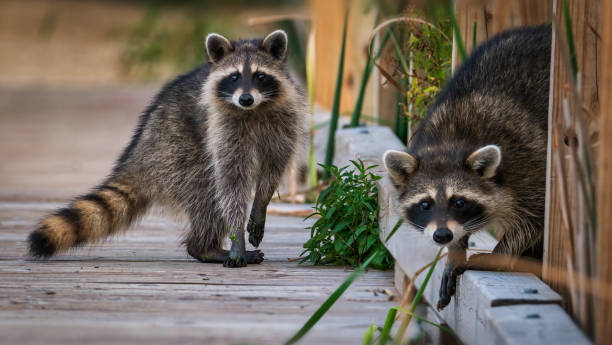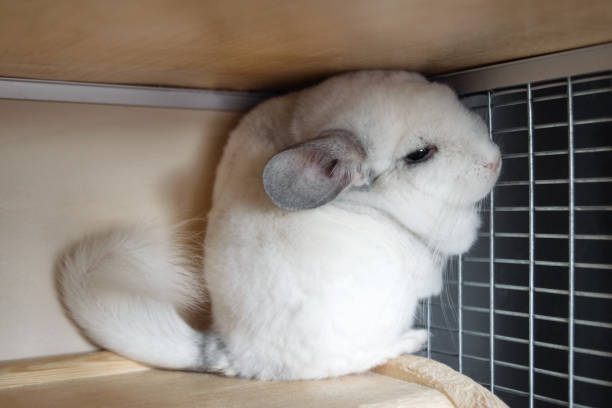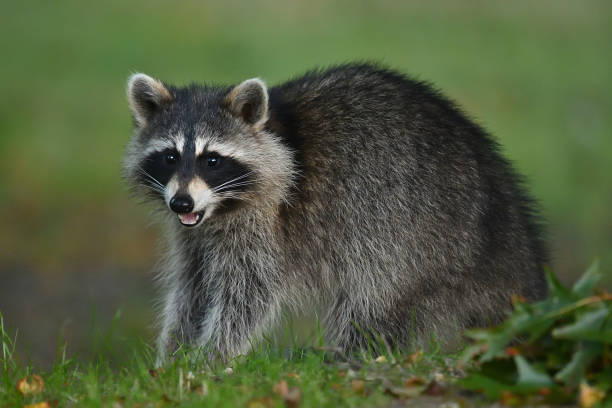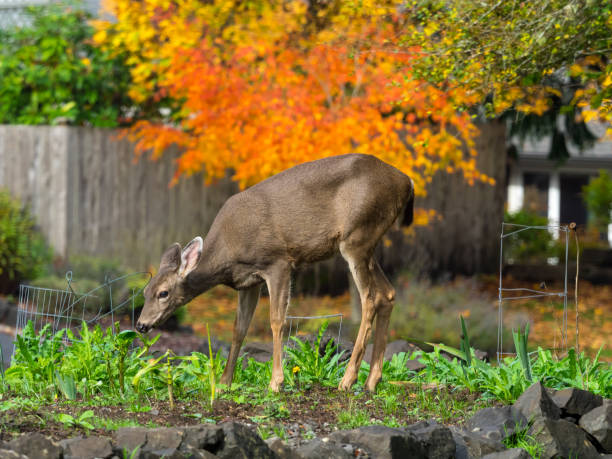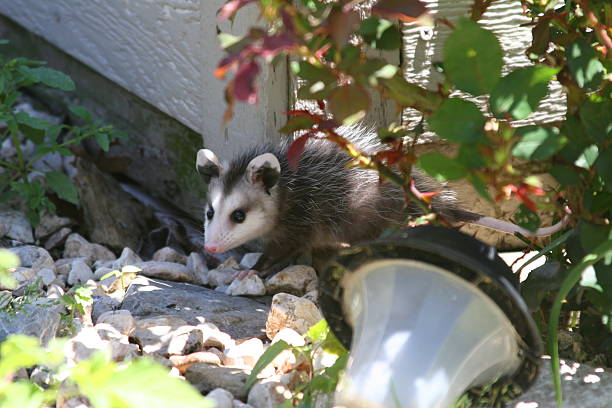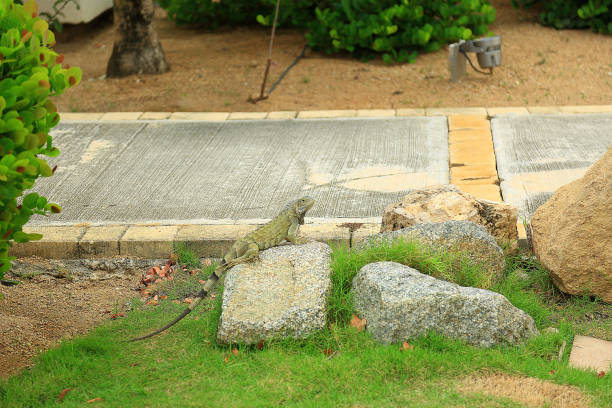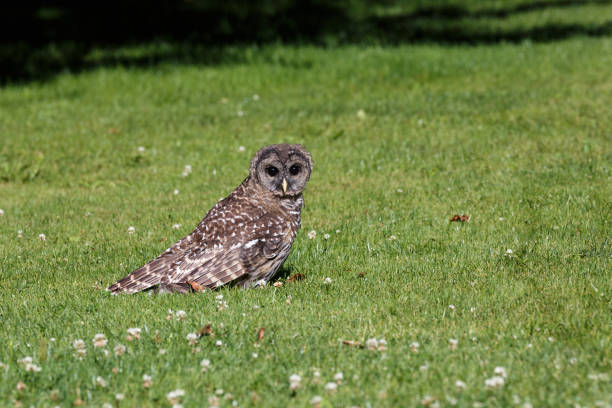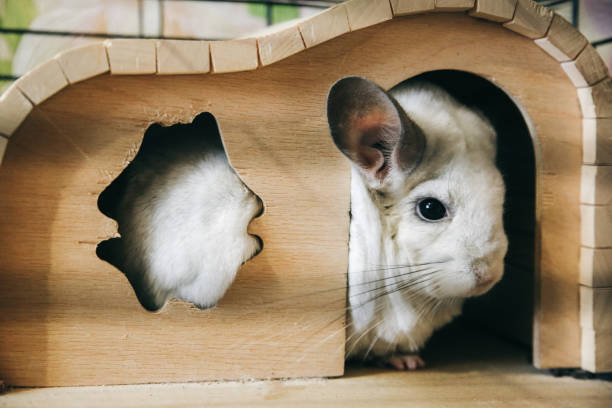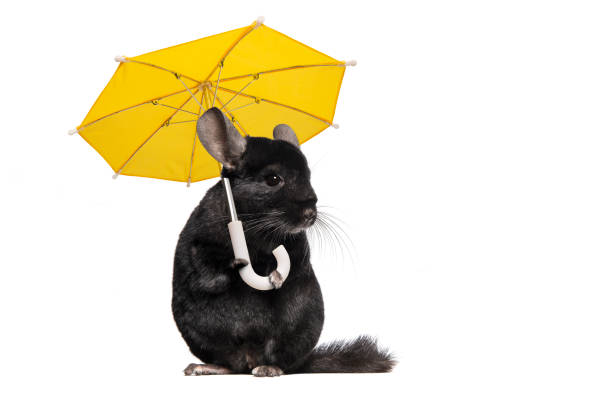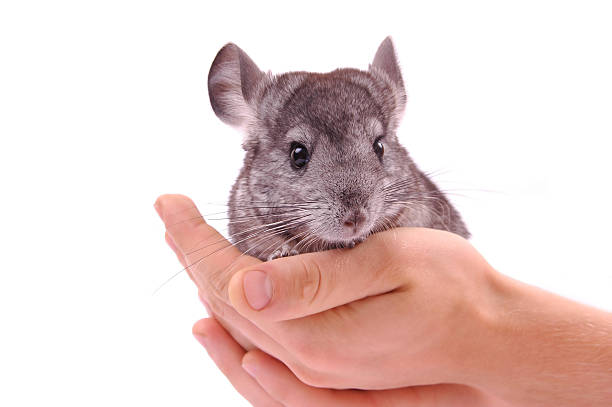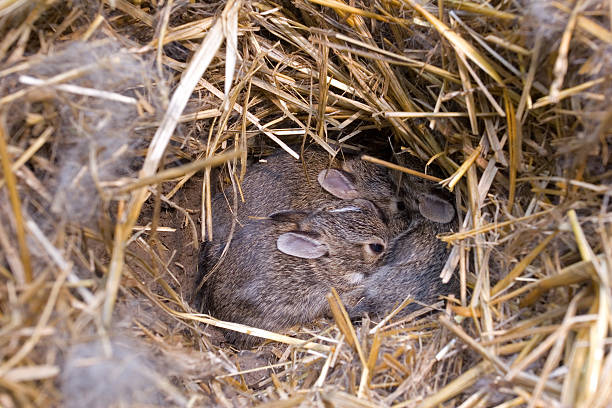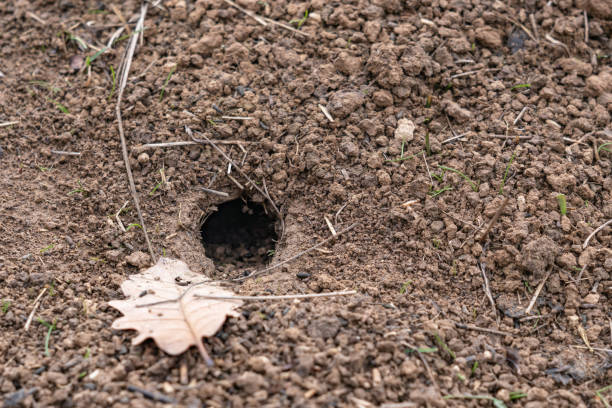What Attracts Racoons to Your Yard
This post contains affiliate links. This means I will make a commission at no extra cost to you should you click through and make a purchase. Read the full disclosure here.Raccoons are intelligent and resourceful creatures that have adapted well to urban environments. Their curious nature and scavenging habits make them particularly attracted to residential areas. If you’re finding raccoons regularly visiting your yard, it’s essential to understand what might be drawing them in. In this article, we’ll explore the factors that attract raccoons and provide effective solutions to deter them from your property.
Introduction
Raccoons are nocturnal mammals known for their distinctive masked faces and ringed tails. They are opportunistic feeders and are attracted to areas where they can find an abundance of food, water, and shelter. While raccoons can be fascinating to observe, their presence in your yard can lead to various problems, including property damage and the transmission of diseases such as rabies.
Understanding Raccoons
Before delving into the factors that attract raccoons, it’s important to have a basic understanding of these creatures. Raccoons are omnivorous and have a diverse diet that includes fruits, vegetables, insects, small animals, and even garbage. They are excellent climbers and can easily access elevated areas, such as rooftops and trees. Raccoons are highly adaptable and can thrive in both rural and urban environments.
Factors that Attract Raccoons
Availability of Food
One of the primary attractions for raccoons is the availability of food. Leaving unsecured garbage bags or open compost bins in your yard can be an open invitation to these curious creatures. Raccoons are skilled at rummaging through trash, and a readily available food source will keep them coming back.
Access to Water Sources
Raccoons require a source of water, especially during dry periods. Ponds, birdbaths, and pet water bowls can entice them to visit your yard. Even a dripping outdoor faucet can provide enough water for raccoons to quench their thirst.
Shelter and Nesting Opportunities
Raccoons seek out safe and cozy spaces for shelter and nesting. Your yard may provide attractive options such as brush piles, woodpiles, or uncapped chimneys. They may also utilize hollow trees, attics, or crawl spaces. These secluded areas offer raccoons protection from predators and the elements.
Garbage and Compost
Improperly secured garbage cans and compost bins are like an all-you-can-eat buffet for raccoons. The smell of discarded food can be irresistible to these opportunistic feeders. To deter raccoons, ensure that your garbage cans have tight-fitting lids, and compost piles are securely covered.
Pet Food and Bird Feeders
Raccoons are not picky eaters and will readily consume pet food left outside. Additionally, bird feeders stocked with seeds can attract raccoons looking for an easy meal. Consider bringing pet food indoors and placing bird feeders away from areas where raccoons can easily access them.
Fruit Trees and Gardens
If you have fruit trees or a garden in your yard, raccoons may see it as a bountiful food source. Ripe fruits, vegetables, and sweet corn can be particularly appealing to them. To protect your harvest, consider installing fencing or covering the crops with netting.
The Dangers of Raccoons in Your Yard
While raccoons may seem harmless, their presence in your yard can pose risks. They can cause damage to property, such as tearing through shingles, damaging gardens, or knocking over trash cans. Raccoons are also carriers of diseases, including rabies, which can be transmitted to humans and pets through bites or scratches. It’s crucial to take appropriate measures to deter raccoons and minimize these potential dangers.
Tips to Deter Raccoons
To discourage raccoons from frequenting your yard, here are some effective tips to follow:
Secure Trash and Compost Bins
Use bins with secure lids and consider placing heavy objects on top to prevent raccoons from accessing the contents. If possible, store bins in a garage or shed until the collection day.
Remove Access to Water
Repair any leaking outdoor faucets and drain birdbaths or pet water bowls overnight. Eliminating water sources will make your yard less attractive to raccoons.
Limit Food Sources
Avoid leaving pet food outdoors overnight. If you feed your pets outside, pick up any uneaten food promptly. Additionally, clean up fallen fruits or vegetables from the ground to reduce the available food options for raccoons.
Seal Entry Points
Inspect your property for any potential entry points, such as gaps in fences or holes in attics. Seal these openings to prevent raccoons from finding shelter in your yard.
Install Motion-Activated Devices
Motion-activated sprinklers, lights, or noise-emitting devices can startle raccoons and deter them from your yard. The unexpected disturbance makes the area less desirable for them.
Natural Repellents for Raccoons
If you prefer natural solutions, here are a few repellents that may discourage raccoons:
Cayenne Pepper and Garlic
Sprinkling cayenne pepper or garlic powder around potential entry points or areas of raccoon activity can create an unpleasant scent barrier. Raccoons have sensitive noses and may avoid these areas.
Predator Urine
Predator urine, such as that from coyotes or foxes, can signal danger to raccoons. Applying this near their preferred nesting spots or entry points can deter them from lingering in your yard.
Ammonia
Soaking rags in ammonia and placing them in areas frequented by raccoons can help deter them. The strong smell is unpleasant to them and may encourage them to seek other locations.
Professional Raccoon Removal
If your raccoon problem persists despite your best efforts, it may be necessary to seek professional assistance. Wildlife removal experts can safely and humanely trap and relocate raccoons, ensuring the well-being of both the animals and your property.
Final Thoughts
Preventing raccoons from being attracted to your yard involves eliminating food, water, and shelter sources. By securing garbage bins, removing access to water, and limiting potential food options, you can make your yard less appealing to these curious creatures. Implementing natural repellents and seeking professional assistance when needed can further enhance your efforts to keep raccoons away.
FAQs
Are raccoons dangerous?
While raccoons typically avoid confrontations with humans, they can become aggressive if they feel threatened or cornered. Additionally, raccoons can transmit diseases such as rabies through bites or scratches.
How can I distinguish raccoon droppings from other animal droppings?
Raccoon droppings are typically cylindrical in shape, similar to dog feces. They are dark in color and often contain remnants of berries or seeds.
Will raccoons attack pets?
Raccoons generally try to avoid conflicts with larger animals. However, they can become aggressive if they perceive a threat to themselves or their young. It’s best to keep pets indoors or supervised when raccoons are present.
Can raccoons transmit diseases to humans?
Yes, raccoons can carry diseases such as rabies, leptospirosis, and roundworm, which can pose health risks to humans. It’s important to avoid direct contact with raccoons and their waste.
Are there any legal restrictions on removing raccoons?
Laws regarding raccoon removal vary by location. It’s advisable to check with local authorities or wildlife agencies to understand the regulations and obtain proper permits if necessary.

